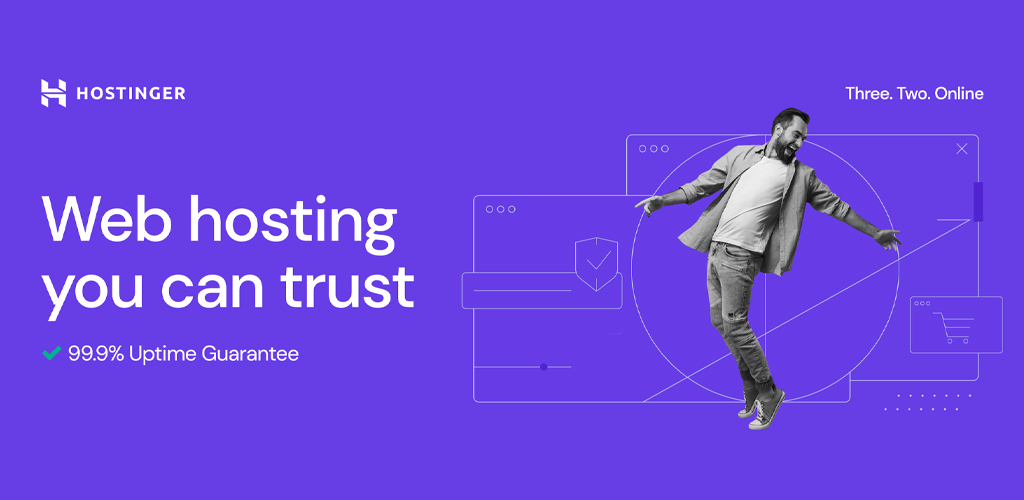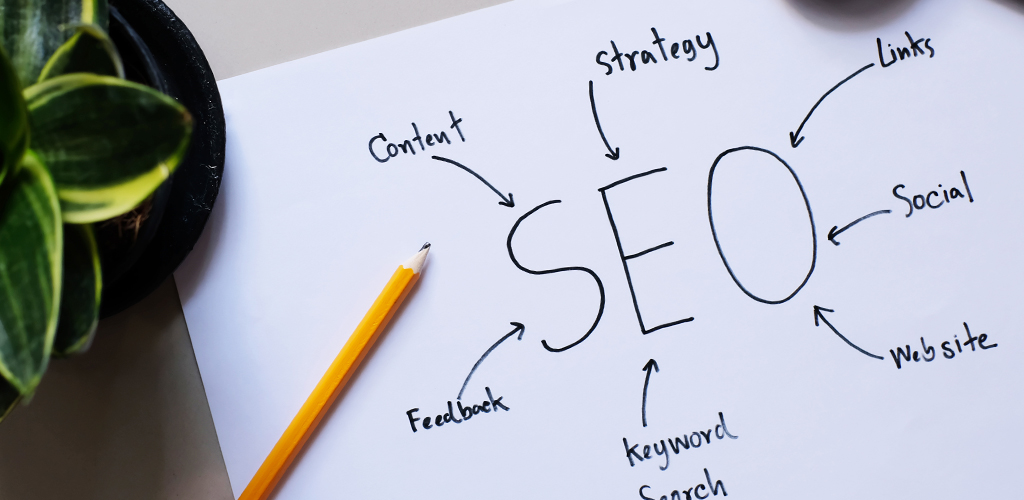Google’s stance is clear: AI content is not banned, but low-quality content is.
The search systems are built to reward content that is helpful, reliable, and written to benefit readers, not just rank well. It does not matter if the content was created by a person or generated by AI.
What really matters is the intent. If the primary purpose of using automation is to manipulate rankings, Google will penalize it. On the other hand, content that genuinely helps users and meets Google’s E‑E‑A‑T (Experience, Expertise, Authoritativeness, Trustworthiness) guidelines, can rank well; even if AI assisted with its creation.
"At Google, we've long believed in the power of AI to transform the ability to deliver helpful information."
Spammy AI = Slop. And that fails.
In early 2024, Google updated its spam policies. It targeted a growing wave of thin, repetitive, or AI-overstuffed content. According to Google, these efforts reduced unoriginal and unhelpful content in search by 40 to 45 percent.

Many AI-first websites suffered, especially those pushing out templated articles and summaries without adding unique value. AI alone is not the problem. The problem is using it to mass-produce content with no real insight, structure, or editorial control.
Both automated systems and human reviewers are now used to identify this low-value content. If your AI strategy is “publish fast and hope for clicks,” you will not rank. Effortless = worthless in Google’s eyes.
Used wisely, AI can increase efficiency and improve consistency.
Surfer SEO’s case study with Lyzr AI showed a 150 percent organic traffic increase in three months by using AI to draft content and human editors to refine it. Similarly, SearchPilot reported that three-quarters of pages with AI-assisted writing either maintained or improved rankings in controlled tests.
Success here depends on editorial review, human strategy, and clear formatting. AI writes drafts; humans guide the voice, optimize for structure, and fact-check every detail.
The New Search Frontier: AEO, GEO, and AI Answers
Google is shifting toward AI-powered overviews. This means your content is now part of a knowledge system, not just a list of results.
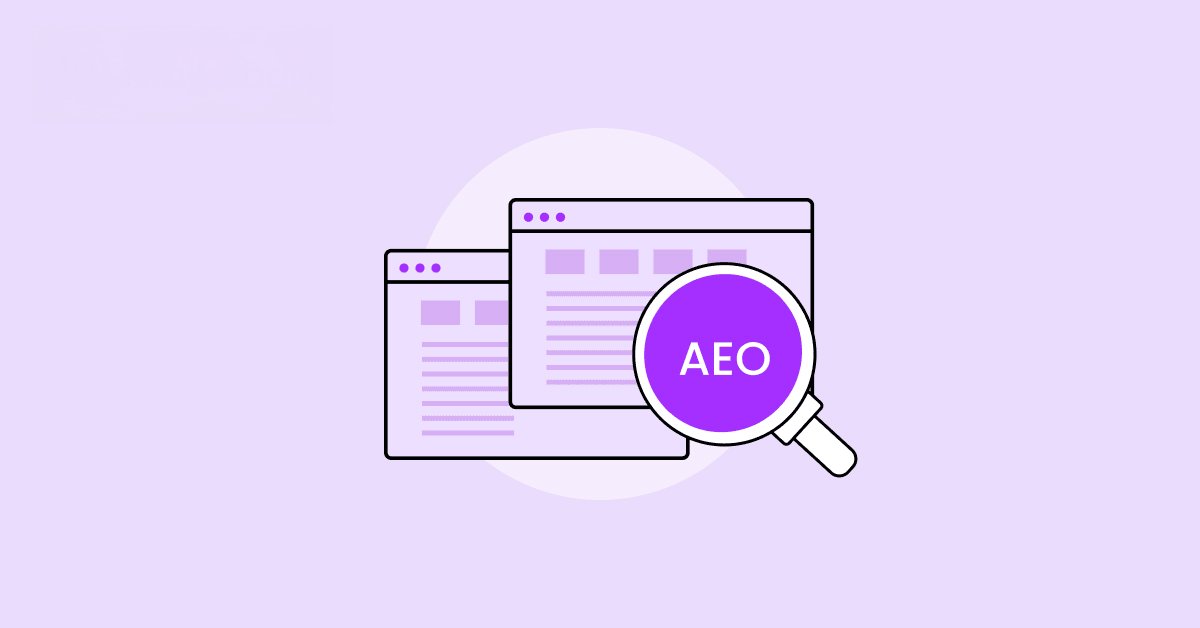
Answer Engine Optimization (AEO) and Generative Engine Optimization (GEO) are taking over Google’s Search Generative Experience. Ranking well means being the clearest, most useful, and most complete answer to a user’s question.
AI is scraping and summarizing the top 20 results to generate fast answers. This means being in the top five is not enough anymore. You must be the best source.
Clear subheadings, list formats, citations, and structured data all help. A great article today needs to feel like the Wikipedia page your niche never had.
Human signals still matter.
Even with AI writing and AI search, human behavior still shapes rankings.
Sites with AI-generated fluff often suffer from high bounce rates, low scroll depth, and short time-on-page. This tells Google that the content did not meet user expectations (even if the keyword match looked perfect).
By contrast, content that balances speed and structure with real insight performs better across all key metrics. AI can get you around 70% of the way. The remaining 30% (tone, humor, unique angles, visual design) still depends on human creativity.
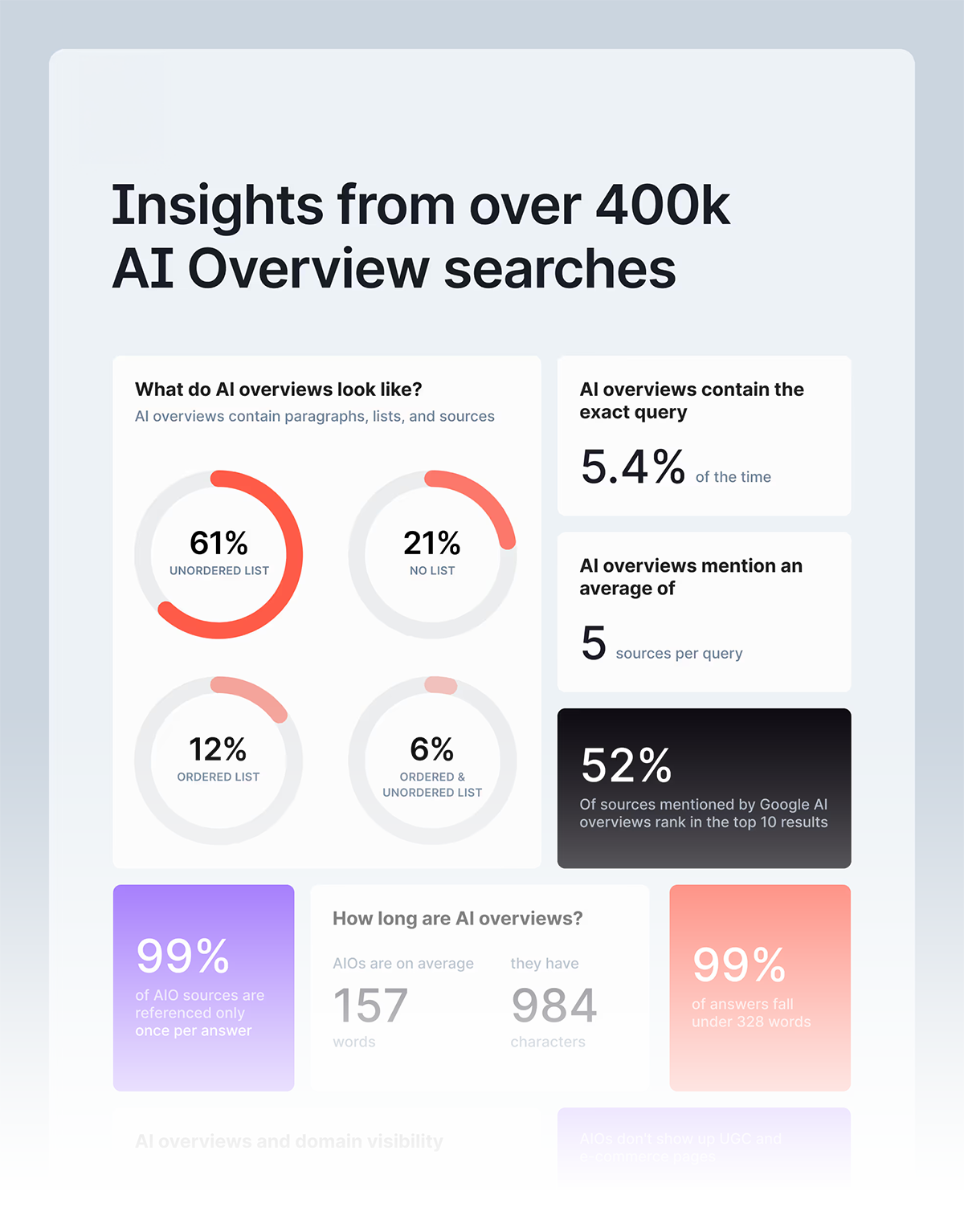
A Best-Practices Checklist
| Step | Action | Why It Matters |
| Start with Purpose | Set the intent before writing | Guides both the outline and tone |
| Edit Aggressively | Review everything AI generates | Prevents robotic tone and factual errors |
| Format Like a Pro | Use bullet points, questions, and subheads | Increases clarity and snippet potential |
| Cite and Link | Add reliable sources and stats | Boosts credibility and E‑E‑A‑T signals |
| Think Strategically | Use AI for ideas and research, not just output | Saves time without compromising value |
For better or worse, AI content will absolutely affect your Google rankings.
In head-to-head tests, tools like SearchPilot found that AI was better than human writers at predicting Google-friendly structures.
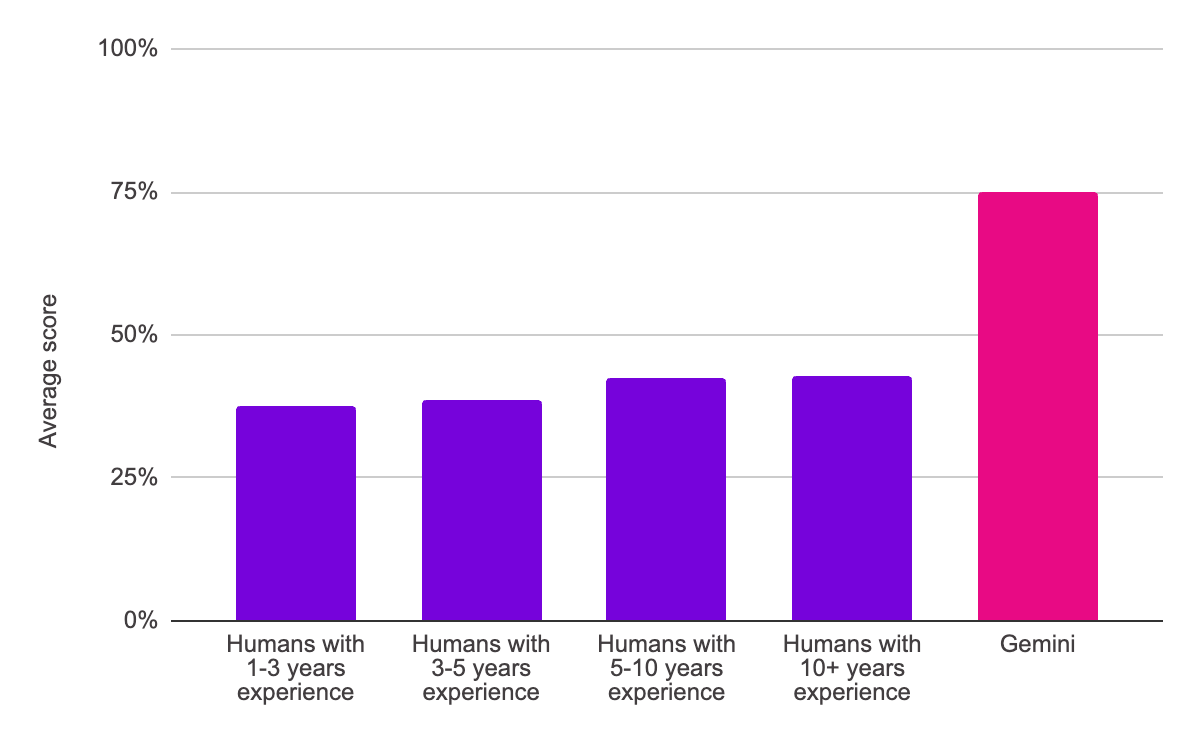
But when it comes to trust, readability, and conversion; human-led content still wins.
AI’s strength is its speed and structure. Human writers bring context, storytelling, humor, and empathy. If you want to dominate search, you need both.




